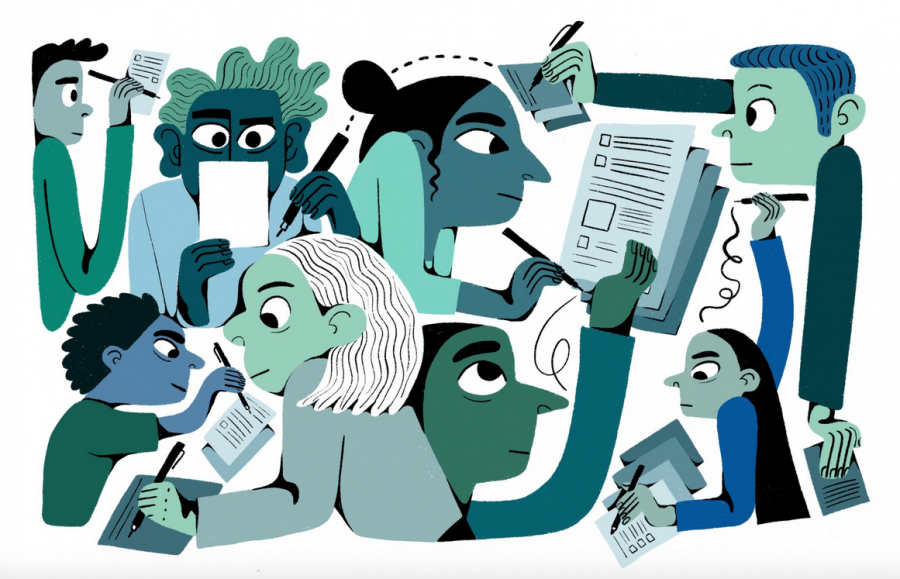The University of Minnesota’s College of Education and Human Development (CEHD) and Minneapolis Public Schools (MPS) are working together for the next three years to research how to improve student experiences in the district.
The collaboration is intended to improve reading, literacy, mathematics and school climate among students at MPS. After the partnership began in November, leaders held sessions on reading and math to discuss challenges teachers face in the classroom and potential strategies for improving these areas.
The partnership will also recruit and develop teachers and school leaders, including teachers of color, in the spring.
Leaders of the partnership said the collaboration was in the works for sometime. While there were temporary partnerships between the University and MPS in recent years, this is the first long-term, multiyear project to be developed, CEHD Dean Michael Rodriguez said.
“It seems really natural to have a more intentional partnership,” Rodriguez said.
The University will share their findings on educational topics and strategies with educators in Minneapolis through the partnership. Through the collaboration with MPS, researchers will have the opportunity to apply their knowledge to real-life challenges impacting educators and students.
The Minneapolis Foundation is providing financial assistance and coordination to support the work of the partnership.
“We brought them together and said, ‘How do we take advantage of the incredible knowledge of these two institutions and work out this arrangement?’” Minneapolis Foundation President and CEO R.T. Rybak said.
The partnership currently focuses on improving literacy by providing tutors and supporting reading instruction from teachers. Research projects such as the Path to Reading Excellence in School Sites (PRESS) and the Minnesota Reading Corps study strategies to help improve these areas.
“One of the things that the University of Minnesota has that we don’t necessarily have the capability of doing is people whose passion is to research things that we’re interested in doing,” said Eric Moore, MPS senior accountability, research and equity officer.
One of the main focuses of the partnership is implementation science, which aims to apply research findings and solutions in the classroom to all students, rather than only select groups.
“What we’ve now done is take that incredible knowledge of how to implement good ideas of scale from the University and put it directly in the hands of those teachers and school leaders and administrators of Minneapolis Public Schools,” Rybak said.
Moore said he is excited about devoting time to formal research and practice sessions to collaborate with CEHD professors, Rodriguez and staff and faculty from the district.
“Having the time to come together and talk about what we’re working on relative to what the University of Minnesota is working on forms those really nice points of alignment,” Moore said.
Rybak said he hopes discoveries from the partnership on teaching and learning strategies can be translated to school districts throughout the state in the future.
“We don’t see this as a one-and-done partnership,” Rybak said. “We see this as a breakthrough deepening our relationships that’s going to pay off in many ways over many years.”
This partnership may allow CEHD students involved in the research to work for MPS in the future, according to Moore.
“I do think it’s going to make a significant difference on the way we do our work here in the district,” Moore said. “I think it’s going to make a difference in how University professors have access, as well as hopefully the way they think about their research in terms of changing things for the better and the school districts that they work with.”


















